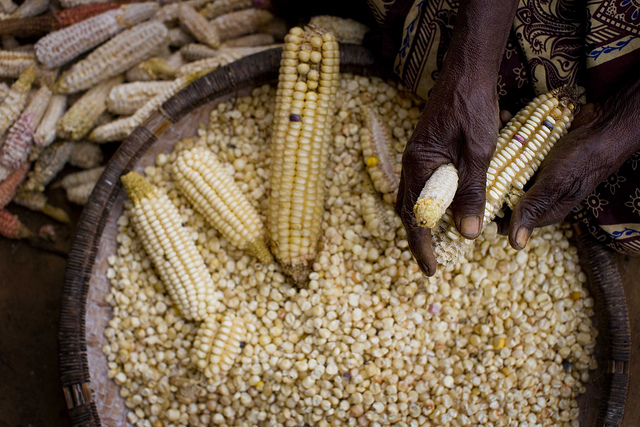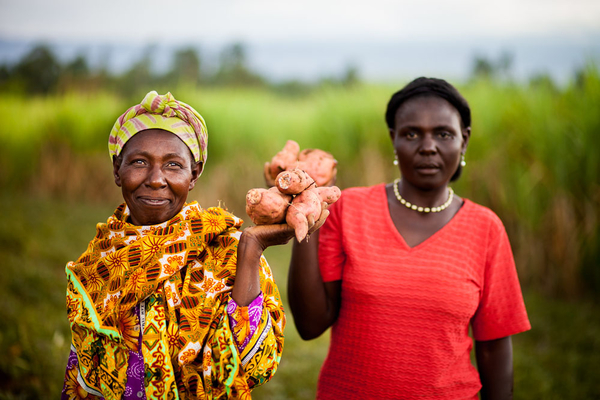You must be wondering why the title? Well, this comes from a debate during the Third Global Food Security Conference in Cape Town in December 2017, and I will explain below the context in which it was expressed.
World food prize for research on sweet potato
On the second day of the conference, I attended the plenary session Thought Leaders Debate with presentations by Dr Jan Low (researcher CIP – Centro Internacional de la Papa or IPC) and Dr Robert Mwanga (researcher CIP, Uganda). Dr Low and Dr Mwanga are both World Food Prize Laureates for the year 2016 for their work on sweet potato varieties with high beta carotene content. Beta carotene is a pigment found in carrots (thus the name “carotene” from Latin meaning carrot) and sweet potato. Beta-carotene is considered a vital source of Vitamin A which is essential for normal growth and development, immune system function, healthy skin and epithelia and good vision.
I was very impressed by their work on sweet potato. Through her work, Dr Low is trying to promote a gender-aware OFSP (orange fleshed sweet potato) product value chain. The use and consumption of sweet potato is diversified as no part of it ever goes to waste. Dr Low mentioned, for example a non-refrigerated orange fleshed sweet potato puree for children which could be a breakthrough product. Low’s group has also established a Food Analysis and Nutrition Evaluation Laboratory (FANEL) for quality assurance and capacity strengthening in the production of sweet potato in the region.

